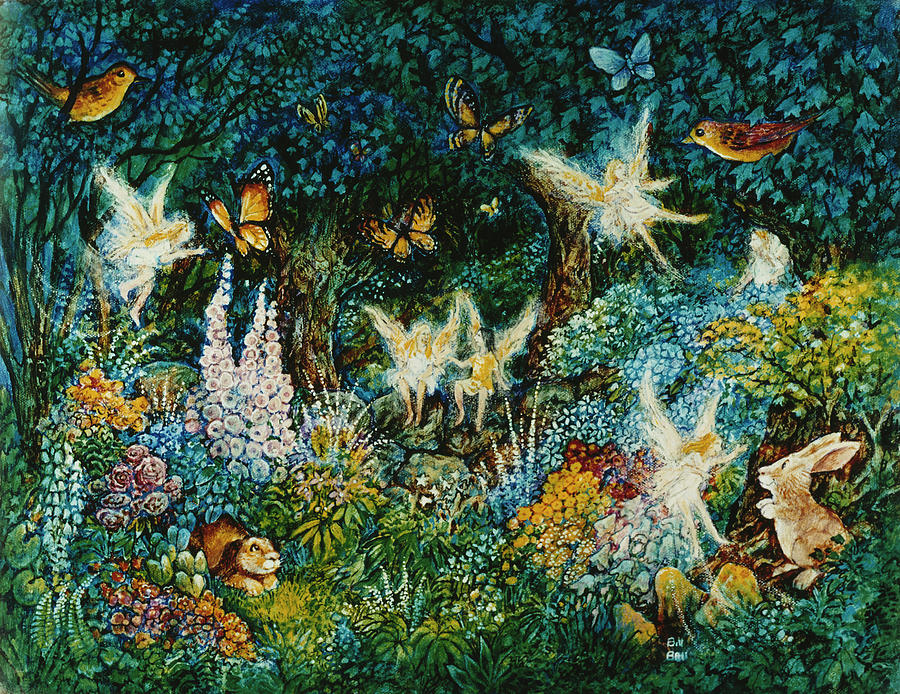Mogwai, China
Under the umbrella of fairies, the Mogwai were a type of demon that would of inflict harm on humans. Mogwai would reproduce during mating seasons preceded by rain which indicated prosperous times. Mogwai evolved to represent spirits of the dead, returning to exact venegance against tormentors. In order to release a mogwai, one must burn money to provide the spirit funds in the afterlife. Learn more
Will-o'-the-Wisp, Europe
A fairy or spirit appearing as an atmospheric ghost light, seen by travelers at night over bogs, swamps, or marshes. The luminous entity mislead travelers as it resembled a flickering lamp or lantern. In literature, will-o'-the-wisp refers to a hope or dream that leads one further, toward an ideal that is impossible to reach. Also known as "ghost candles", they were said to be the product of a being doomed to haunt an area as the result of some misdeed. Learn more

Jogah, Midwest United States
Jogah were mythical invisible, four feet tall people of Iroquois lore that can be detected by the sound of drumming. Jogah left rings on bare earth or bowl-like indentations in mud where humans could offer tobacco or finger nails to be in the creatures good graces. Jogah could cause bad luck and were mishcevious, often playing tricks. However, if disrespected, these creatures could cause illness in populations. Jogah in rocky areas were called Gahongas, those caring for flora were called Gandayah, and those that were subterranean guardians containing creatures of the underworld were called Ohdows. Learn more
Peri, Persia
Peri were exquisite, winged spirits recognized for beauty that were known as mischevious beings that were denied entry to paradise for a period of time until they completed penance for atonement. With the spread of Islam through Persia, Peris developed the reputation of benevolent, not mischevious, spirits. Peris appeared as beautiful female spirits who were generally kind to mankind, but sometimes punished disrespectful hunters who would waste resources. Encounters were said to be both physical and psychological. Learn more